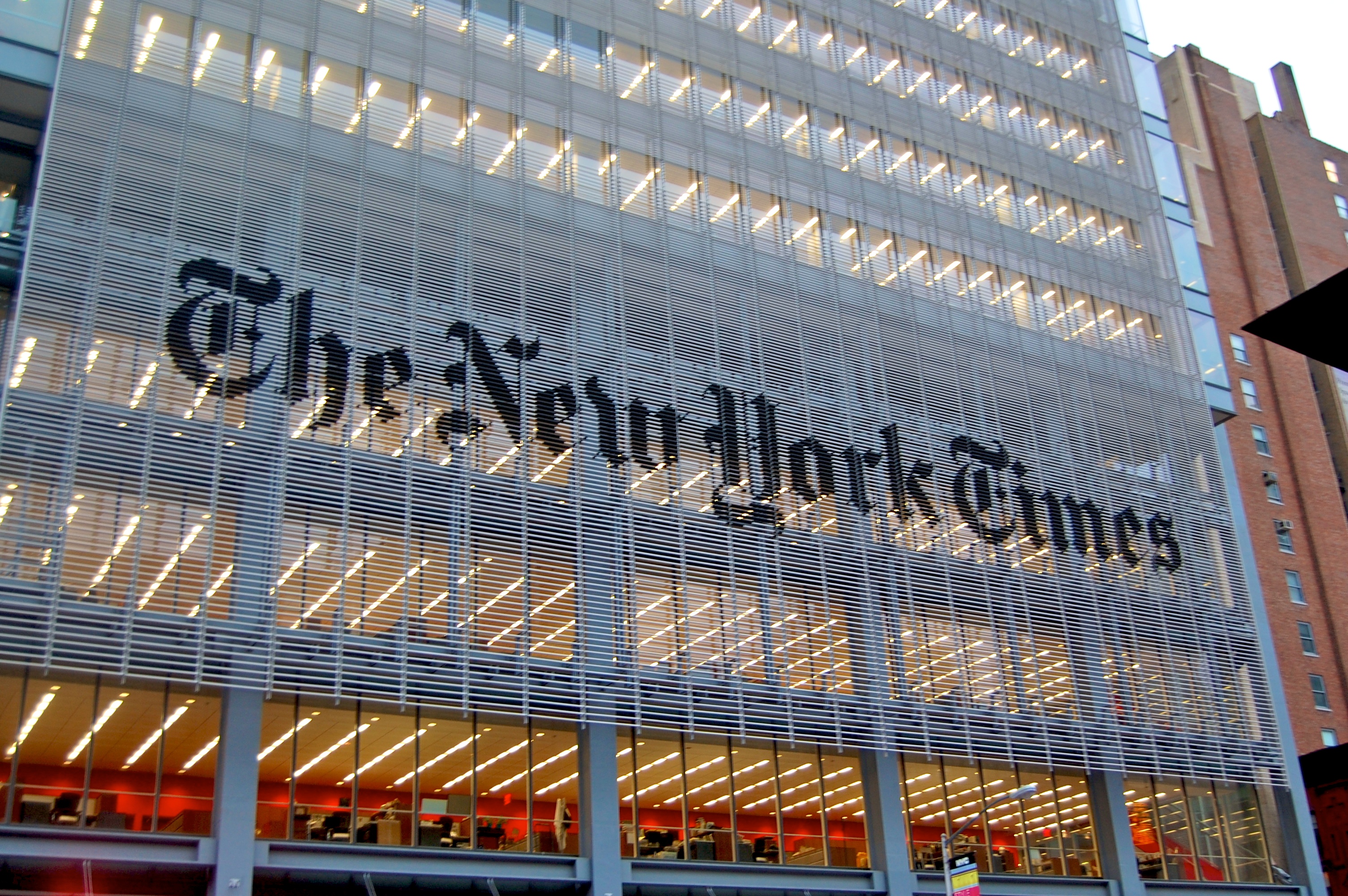Reporters Committee urges court to affirm dismissal of defamation case against The New York Times

Update July 19, 2019: On July 17, the U.S. Court of Appeals for the Sixth Circuit ruled that the New York Times article in question is not defamatory, as the article is a “standard piece of investigative journalism that presents newsworthy allegations made by others.” The court’s opinion states that the article does not say that Croce is guilty of the allegations made against him, and a reasonable reader would interpret the article as “presenting two sides” of the controversy. Read the full decision.
A coalition of 41 media organizations, led by the Reporters Committee for Freedom of the Press, is urging a federal appeals court to uphold a decision dismissing an Ohio State University professor and cancer researcher’s defamation lawsuit against The New York Times. In 2017, Dr. Carlo Croce sued the Times after it published an article that detailed allegations that he had engaged in data falsification and other scientific misconduct and discussing the wider issue of scientific integrity at research institutions.
On Nov. 6, the U.S. District Court for the Southern District of Ohio dismissed most of Croce’s claims against the Times, holding that the article about Croce was not defamatory because it presented a balanced report of both sides of the controversy.
In addition, the district court held in the alternative that the article was not defamatory under Ohio’s “innocent construction” rule, which states that if there is more than one reasonable interpretation of a challenged publication and at least one of those interpretations is not defamatory, the court must accept the non-defamatory meaning.
In a friend-of-the-court brief filed on March 11 with the U.S. Court of Appeals for the Sixth Circuit, the Reporters Committee and media coalition argued that ruling — which upholds protections upon which journalists rely to report on live controversies on matters of public concern — should be affirmed. The brief emphasizes that without the legal protections relied on by the district court, which are similar to other protections recognized by courts around the country, news outlets could be chilled from reporting about scientific controversies out of concern that they will be held liable for defamation.
“Courts around the country have long recognized that, under the First Amendment, journalists must be afforded the right to report on live controversies without fear of defamation liability,” Reporters Committee attorneys stated in the brief.
Such protection allows science reporters to fulfill their important role in connecting the public with the scientific community by making scientific discoveries and issues comprehensible to people without specialized knowledge.
“Scientific reporting often concerns matters of public concern, from news stories about research that affects medical treatments to socio-behavioral research that influences hiring practices at large companies,” Reporters Committee attorneys stated in the brief. “These stories keep the public informed about issues of public interest, including the reliability of studies upon which important policy decisions are based, and the use of taxpayer dollars to support certain scientific endeavors.”
The Reporters Committee’s brief also points out that news stories about scientific controversies not only encourage discussion about scientific issues but also strengthen public trust in science and demonstrate that when conclusions of scientists are mistaken, the scientific process allows for their errors to be discovered and corrected.
“Science reporting not only helps the public understand potential errors in science but also encourages scientists implicated by allegations of error to double check and correct their work.”